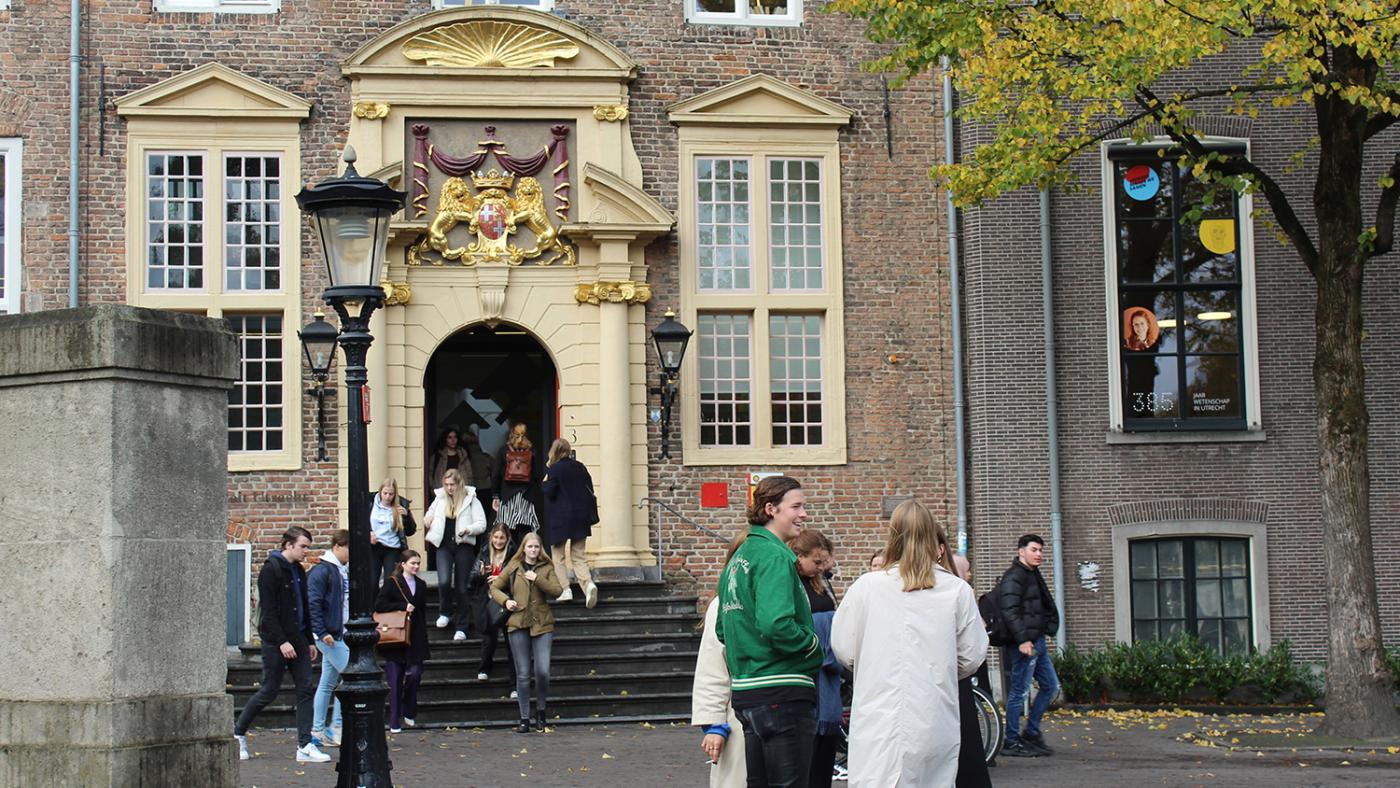According to NSS
Students are more likely to be themselves

Higher education was hit hard by the crisis caused by Covid-19 when there was a lockdown in the Netherlands and everything including classes had to be done online. But since then, students seem to be increasingly positive about their education, both at universities and universities of applied sciences.
Of all students at universities of applied sciences, 68.7 percent are satisfied or very satisfied with their education “in general”, while 7.7 percent are dissatisfied. This is slightly better than 4 years ago, when 66.4 percent were positive and more than 10 percent were dissatisfied.
University students have always been more enthusiastic about their education than students at universities of applied sciences, but things are also improving for them: 81.3 percent are now satisfied and only 4.6 percent are dissatisfied. Four years ago, the figures were 78.6 percent and 6.2 percent respectively.
One in three
This year, nearly 260,000 students completed the National Student Survey (in Dutch Nationale Studenten Enquete) with questions about their education. This means that nearly one in three students in higher education gave their opinion about their lecturers, the facilities, the atmosphere, and so on.
According to the press release from Landelijk Centrum Studiekeuze (a national centre which provides support in making the right choice of study programme in higher education and compiles the NSS), the agriculture and natural environment sector has the highest proportion of satisfied students at 84.4 percent. The education and economics sectors score lowest, with 69.9 and 70 percent of students satisfied.
Atmosphere
The atmosphere generally receives the highest rating. More than 80 percent of students of universities of applied science and 78 percent of university students are satisfied with it. One in three is even very satisfied in this regard.
But what about the rest? Some students are “very dissatisfied” with the atmosphere, but this percentage has been creeping down over the years, although the difference is negligible: less than 1 percent of students now give this rating.
They also say they dare to “be themselves” more often. The same applies here: the positive rating is slowly climbing to 85.5 percent and, conversely, an increasingly smaller group remains that does not feel safe enough to be themselves: currently 3.4 percent, compared to 3.9 percent 4 years ago.
Covid-19
The crisis caused by Covid-19 has dented students' overall satisfaction. Before the crisis, 84 percent of university students and 73 percent of students of universities of applied science were “generally” satisfied with their education. Things are improving, but satisfaction is still lower than before.
According to the NSS creators, this comparison should not be made because the questionnaire was revised in 2021. However, the question about general satisfaction is still the first question in the NSS.
Assignment
The Landelijk Centrum Studiekeuze compiles the NSS on behalf of the Ministry of Education. The advisory board includes representatives from universities, universities of applied sciences, private institutions and student organisations ISO and LSVb.
The results allow prospective students to compare programmes, for example on the website Studiekeuze123 or in the Higher Education Guide. Programmes can also use the results to reflect on their own performance.